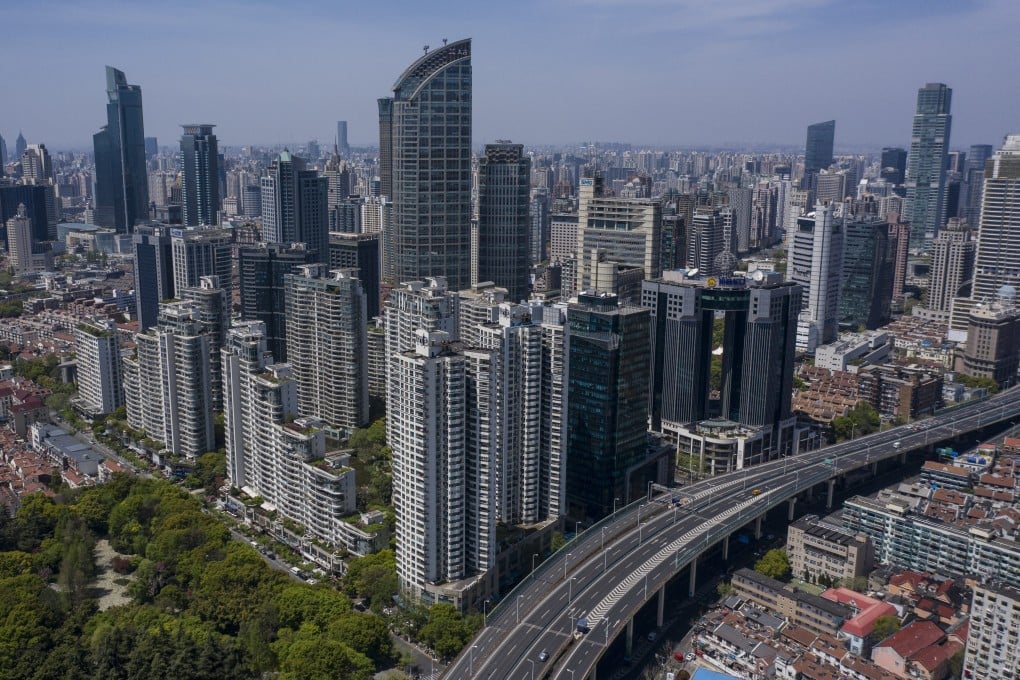Major Chinese cities see more land auctions being scrapped, as broke developers hobbled by ‘three red lines’ stay away
- The average auction scrapping rate is 17 per cent for 20 cities that have finished their first round of land sales, rising from 6.5 per cent last year
- Developers are hesitant as they are unsure about the housing market in the short term and because they do not have much to spend, analyst says

The average auction scrapping rate was 17 per cent – up from 6.5 per cent for the same batch last year – in the cities, which have finished their first round of land sales, according to 58 Anjuke Real Estate Research Institute, a Shanghai-based property research firm. Land in 22 major cities in China now only goes on sale three times a year according to a centralised scheme introduced by Beijing early last year.
“Developers hesitated to make land purchases like before because, first, they are not sure about the housing market in the short term. Second, most are struggling to repay debt and really do not have much to spend,” said Yan Yuejin, director of the Shanghai-based E-house China Research and Development Institute.
“Many developers are still facing a lot of stress in terms of financing, and from a long-term structural perspective, the high-growth period for housing is probably already over. So demand won’t be strong as before,” Chen Dong, Pictet Wealth Management’s head of Asia macroeconomics research, said in a recent webinar.